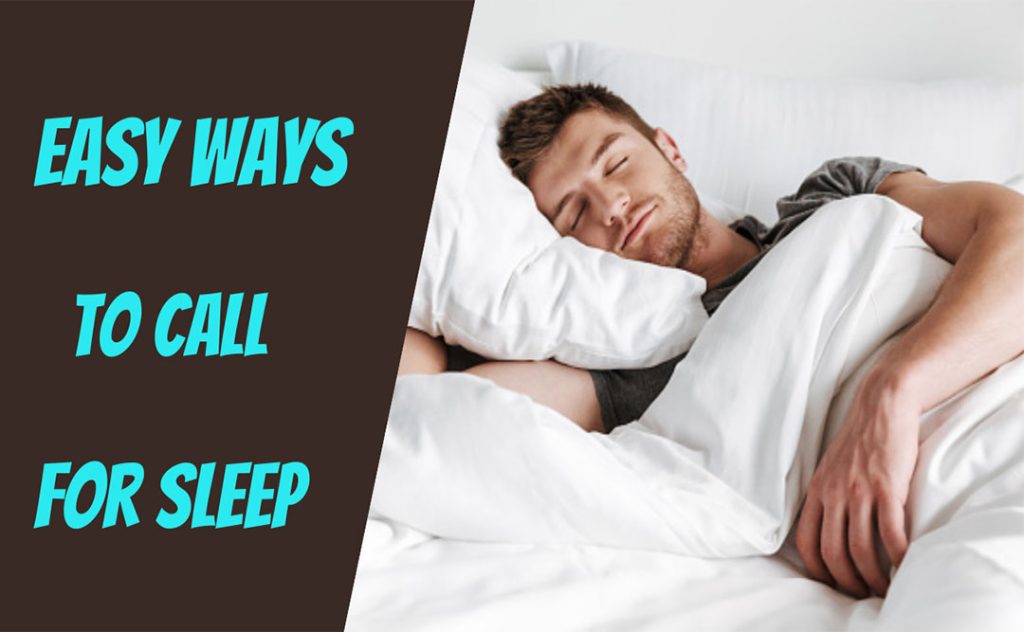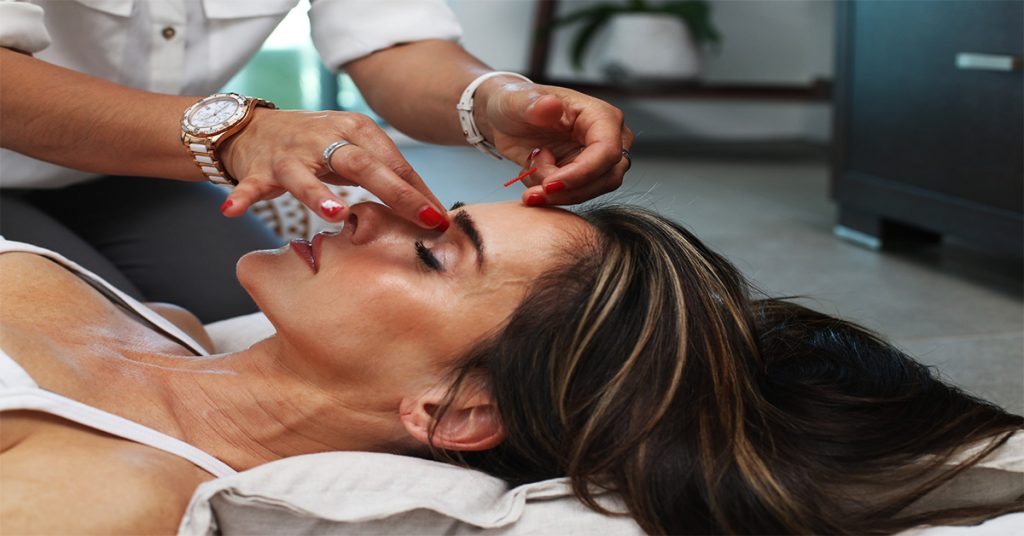We all know how important sleep is for our health, but sometimes it can be hard to get the recommended seven to eight hours per night. If you’re looking for ways to make it easier to get those much-needed z’s, keep reading. We’ve gathered some easy tips that should help you relax and fall asleep faster. Give them a try!
23 Ways How to Fall Asleep Fast
- Establish a regular sleep schedule. Going to bed and waking up at the same time each day will help your body fall into a natural sleep rhythm.
- Create a relaxing bedtime routine. A soothing bath, reading a book, or spending time with a pet can all help relax your mind and body before bed.
- Keep a cool, comfortable bedroom. A cool temperature and darkroom are ideal for sleeping, so try to keep your bedroom as dark and quiet as possible.
- Limit screen time before bed. The blue light from screens can disrupt your natural sleep rhythm, so it’s best to avoid TV, computers, and phones in the hours leading up to sleep.
- Get some exercise. A moderate amount of exercise during the day can help you sleep better at night. Just be sure to avoid working out too close to bedtime, as this can have the opposite effect.
- Avoid caffeine and alcohol before bed. Both of these substances can interfere with sleep, so it’s best to avoid them in the evening.
- Avoid heavy meals before bed. A light snack is fine, but a large meal can make it difficult to fall asleep.
- relax before bedtime. Try some relaxation techniques such as deep breathing or progressive muscle relaxation to help you drift off to sleep.
- Use comfortable sheets and pillows. Make sure your bed is as comfortable as possible to encourage a good night’s sleep.
- Limit naps during the day. Napping can interfere with nighttime sleep, so it’s best to limit them to 30 minutes or less during the day.
- Keep a sleep diary. Tracking your sleep habits can help you identify patterns or factors that may be interfering with your sleep.
- Seek treatment for underlying conditions. Conditions such as anxiety, depression and pain can all interfere with sleep. If you think you may have a problem, talk to your doctor about treatment options.
- Try over-the-counter sleep aids. If you’re having trouble falling asleep, there are a number of over-the-counter sleep aids available. Just be sure to talk to your doctor before taking anything.
- Consider herbal remedies. Some herbs such as chamomile and lavender have been shown to promote sleep. Try drinking a cup of herbal tea before bed.
- Try acupuncture. Acupuncture has been shown to be effective in treating insomnia. If you’re interested in trying it, talk to your doctor about finding a qualified practitioner.
- Try relaxation techniques. Techniques such as meditation and yoga can help promote relaxation and better sleep.
- Take a hot bath. Soaking in a hot bath before bed can help you relax and fall asleep faster.
- Use essential oils. Some essential oils such as lavender have been shown to promote sleep. Try diffusing them in your bedroom or adding a few drops to your bath.
- Listen to calming music. Soft, calming music can help you relax and fall asleep. Try playing it in your bedroom before bed.
- Use a white noise machine. If you’re sensitive to noise, a white noise machine can help mask disruptive sounds and promote sleep.
- Make sure your bedroom is dark. Darkness promotes sleep, so try to make your bedroom as dark as possible. You can use blackout curtains or an eye mask to help with this. Block out light from electronics. If you’re using a computer or phone in bed, be sure to dim the screen and avoid using it in the hours leading up to sleep.
- Get up and move around if you can’t sleep. If you’ve been lying in bed for more than 20 minutes without falling asleep, get up and do something else for a little while. Try reading or doing some light stretching.
- Then, try going back to bed when you’re feeling tired. Talk to your doctor if you’re having trouble sleeping. If you’re having persistent difficulty falling asleep or staying asleep, talk to your doctor. They can help you identify any underlying causes and offer treatment options.
Conclusion:
Sleep is an important function of our body and there are easy ways that we can help promote sleep. Some things that people can do are limit exposure to blue light, create a calming environment in their bedroom, and avoid caffeine before bedtime. There are also helpful products like weighted blankets and earplugs that can assist with promoting sleep. What have you found helpful in promoting sleep? Please share your tips in the comments below!
FAQs:
Q: What is the best way to fall asleep?
A: There are a number of things you can do to help yourself fall asleep. Try relaxation techniques such as deep breathing or progressive muscle relaxation. Make sure your bed is comfortable and dark, and limit exposure to blue light in the hours leading up to sleep. You can also try over-the-counter sleep aids or herbal remedies such as chamomile tea. If you’re having persistent difficulty falling asleep, talk to your doctor.
Q: Why is sleep important?
A: Sleep is essential for our physical and mental health. It helps our bodies recover from the day’s activities and can help improve our mood and concentration. Lack of sleep can lead to a number of health problems such as obesity, diabetes, and heart disease.
Q: What are some common sleep disorders?
A: Some common sleep disorders include insomnia, obstructive sleep apnea, and restless legs syndrome. If you think you may have a sleep disorder, talk to your doctor. They can help you get a diagnosis and find treatment options.
Q: How much sleep do I need?
A: Most adults need seven to eight hours of sleep per night. However, some people may need more or less depending on their age, lifestyle, and health. If you’re having difficulty sleeping, talk to your doctor. They can help you determine how much sleep you need and offer treatment options if you’re not getting enough.
What puts you to sleep quickly?
There are a number of things that can help you fall asleep quickly. Try relaxation techniques such as deep breathing or progressive muscle relaxation. Make sure your bed is comfortable and dark, and limit exposure to blue light in the hours leading up to sleep. You can also try over-the-counter sleep aids or herbal remedies such as chamomile tea. If you’re having persistent difficulty falling asleep, talk to your doctor. They can help you get a diagnosis and find treatment options.
What to call when you can’t sleep?
If you’re having trouble sleeping, there are a number of things you can do to try and fall asleep. Make sure your bed is comfortable and dark, and limit exposure to blue light in the hours leading up to sleep. You can also try relaxation techniques such as deep breathing or progressive muscle relaxation. If you’re still having difficulty sleeping, talk to your doctor. They can help you identify any underlying causes and offer treatment options.
How do you get a good night’s sleep?
There are a number of things you can do to promote a good night’s sleep. Try relaxation techniques such as deep breathing or progressive muscle relaxation. Make sure your bed is comfortable and dark, and limit exposure to blue light in the hours leading up to sleep. You can also try over-the-counter sleep aids or herbal remedies such as chamomile tea. If you’re having persistent difficulty sleeping, talk to your doctor. They can help you get a diagnosis and find treatment options.
How can I improve my sleep?
If you’re looking to improve your sleep, there are a number of things you can do. Try relaxation techniques such as deep breathing or progressive muscle relaxation. Make sure your bed is comfortable and dark, and limit exposure to blue light in the hours leading up to sleep. You can also try over-the-counter sleep aids or herbal remedies such as chamomile tea. If you’re having persistent difficulty sleeping, talk to your doctor. They can help you get a diagnosis and find treatment options.




